Four weeks ago, professional League of Legends team Complexity Gaming was practicing their mechanics and lane matchups from their team house in California. Team member Robert “RobertxLee” Lee was streaming his games on Twitch, a common practice among professional League teams. Then, the Twitch stream suddenly dropped. The entire house’s Internet had gone out.
But this was no ordinary Internet outage. Someone had targeted the team with a distributed denial of service (DDOS) attack.
DDOS attacks have long been a problem in the League of Legends. It’s an easy way to frustrate top teams or professional streamers. For casual players, it’s a convenient tool for making sure you don’t lose a match, which can send your competitive ranking plummeting. The most common way to attack teams is to grab an IP address from a player or manager’s Skype account, though there are even paid services that will allow you to “drophack” a League of Legends match.
In recent weeks, multiple League of Legends pros have expressed frustration over an increasing number of attacks.
@CLG_Link challenger in the last week or so is so miserable with half my games having dcs
— Scarra (@dscarra) July 9, 2014
internet went out 🙁
— Scarra (@dscarra) July 7, 2014
life without internet part 1 pic.twitter.com/K2Wkm2xlEV
— Yiliang Peng (@CLGDoublelift) July 7, 2014
For pro teams, interrupting a game is more than just an annoyance. It affects their livelihood. League can’t be played offline, so DDOS attacks can severely affect a team’s ability to grow and learn through practice sessions and scrimmages. And poor performances in league play can have serious consequences: For better teams, it can keep them from reaching the world championships in October. And for bottom of the table squads, it can mean the difference between staying alive or getting relegated.
For Counter Logic Gaming, another pro team based in the U.S., the DDOS attacks started two weeks ago, according to general manager Kelby May.
“When the internet goes down, it goes down for everyone in the house,” May said. “It happens most often whenever we try to stream, which is when we try to play solo queue [an individual ranked ladder], so during the morning and at night.” The attacks also affected the team’s scrimmages, May said.
The team tried a “bunch of different things” May said. But even after they found a way to reset their IP and made sure their Virtual Private Network was up and running, the attacks still persisted.
Counter Logic Gaming has been forced to upgrade their internet to business class in hopes to prevent further attacks and allow for IP resets. Now, they plan to reset their IP address once again and work to cover up their Skype accounts.
William “Scarra” Li, coach and former mid laner of Team Dignitas, says his team is also being hit by DDOS attacks. These don’t affect Dignitas as often as other teams like Counter Logic Gaming, Li says, though the attacks tend to come when the team members stream their solo queue games. When it happens, the Internet cuts out sporadically or drop off completely. Li declined to comment on the steps Dignitas is taking to prevent attacks in the future.
As for Complexity, the team has followed Riot Game’s guide for protecting themselves from the attacks, according to Danan Flander, the League of Legends general manager for Complexity. But despite this, they’re still getting hit with attacks whenever someone in the house is streaming.
For the foreseeable future, this isn’t likely to change. As long as teams want to have some kind of public presence and interact with fans via livestream, there will always be a vulnerability.
Photo via Flickr/Riot Games



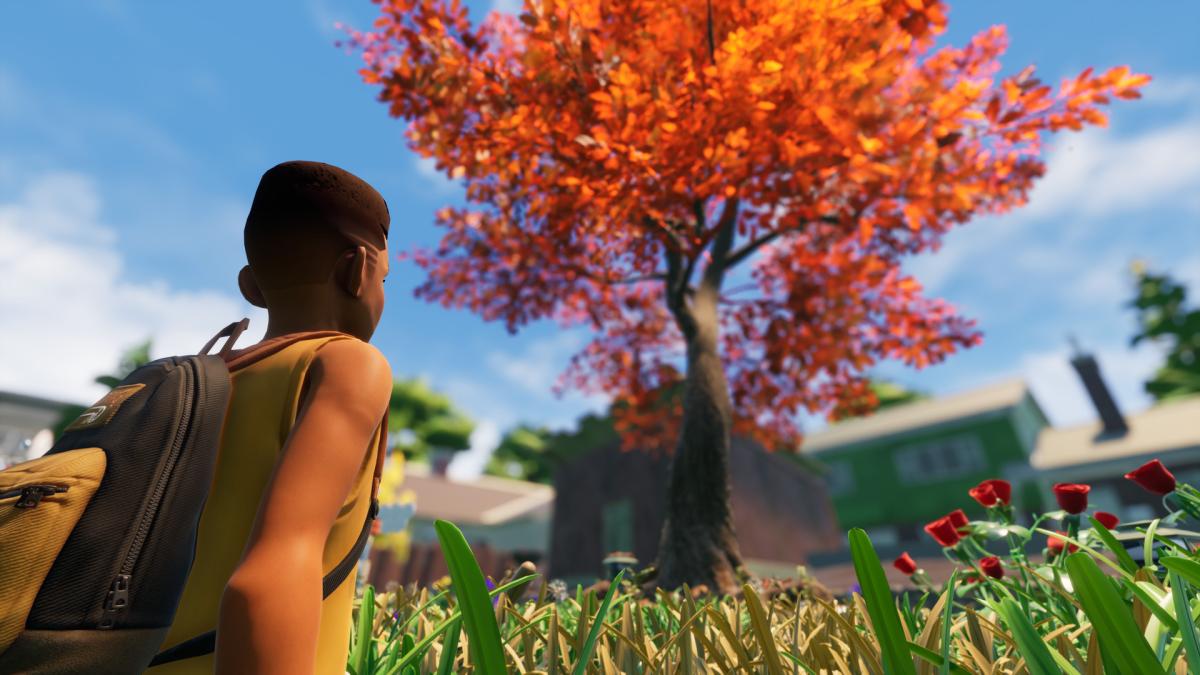
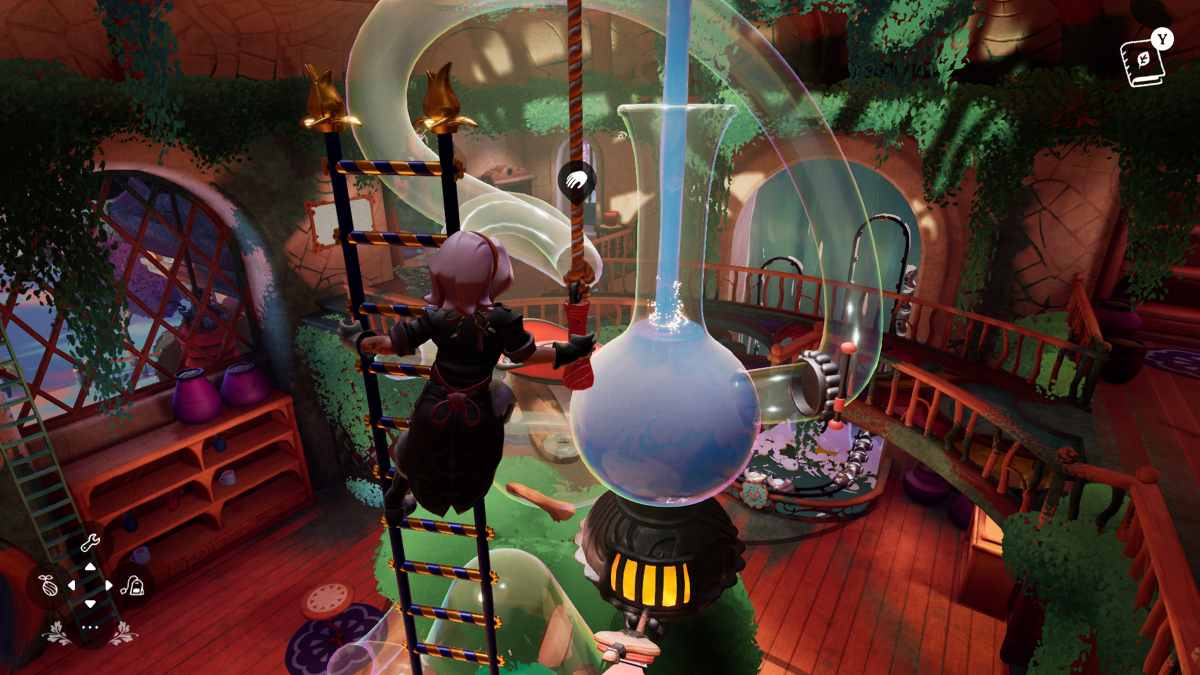

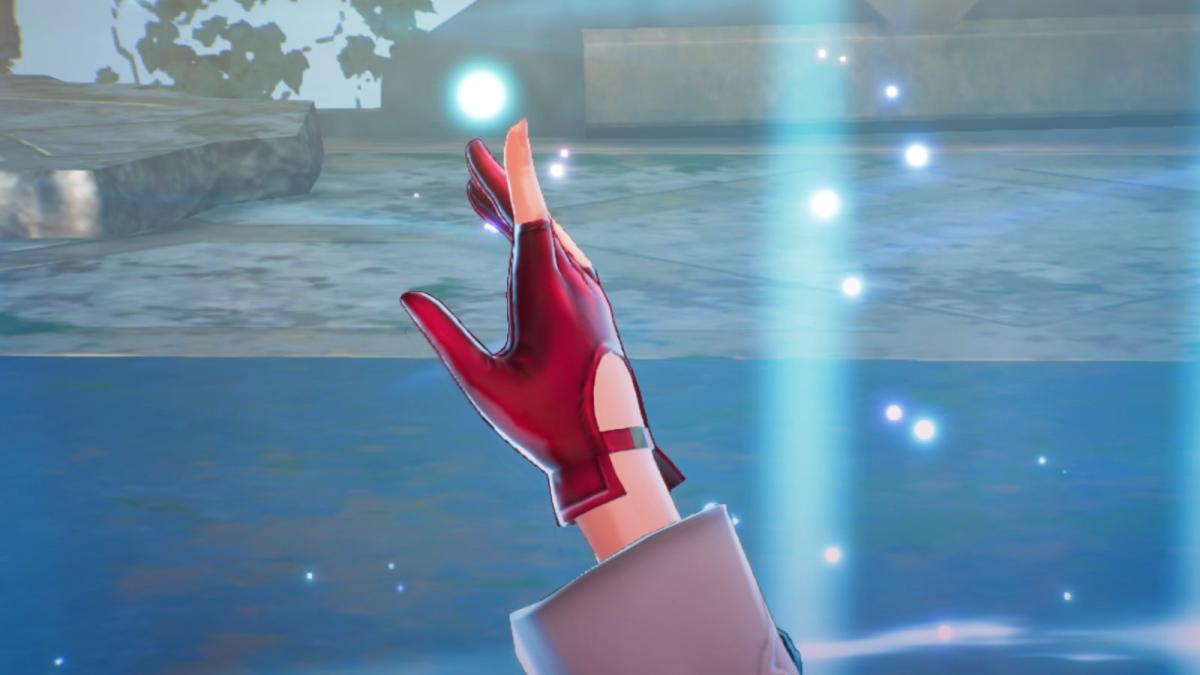
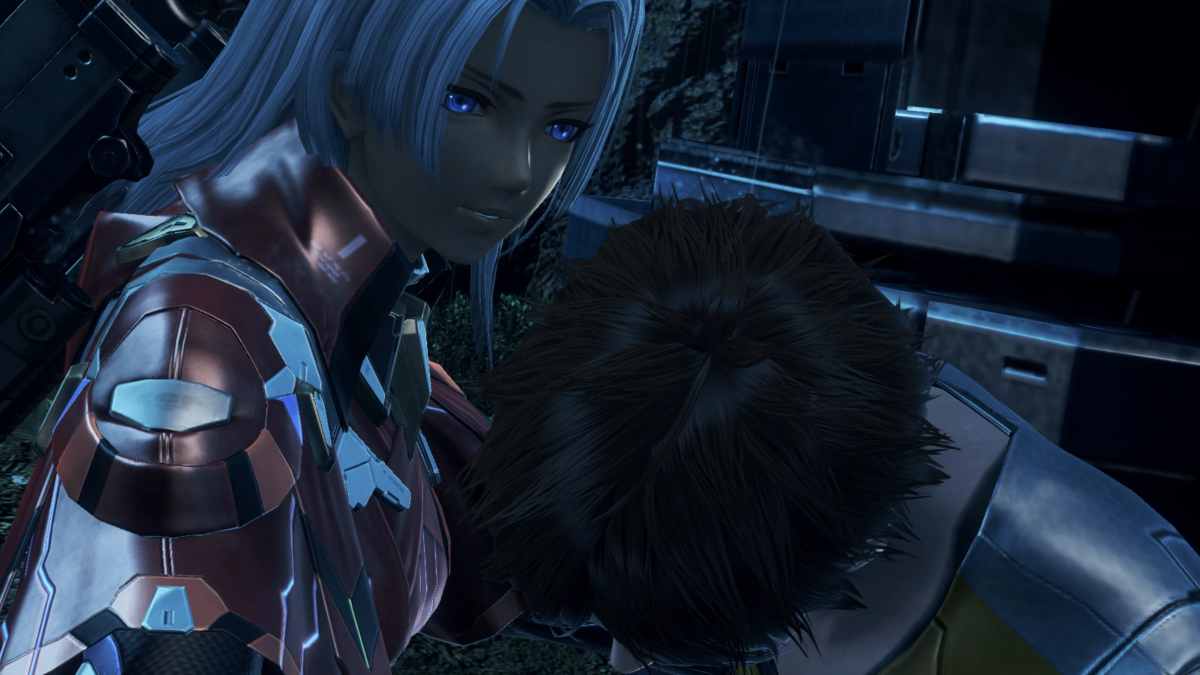

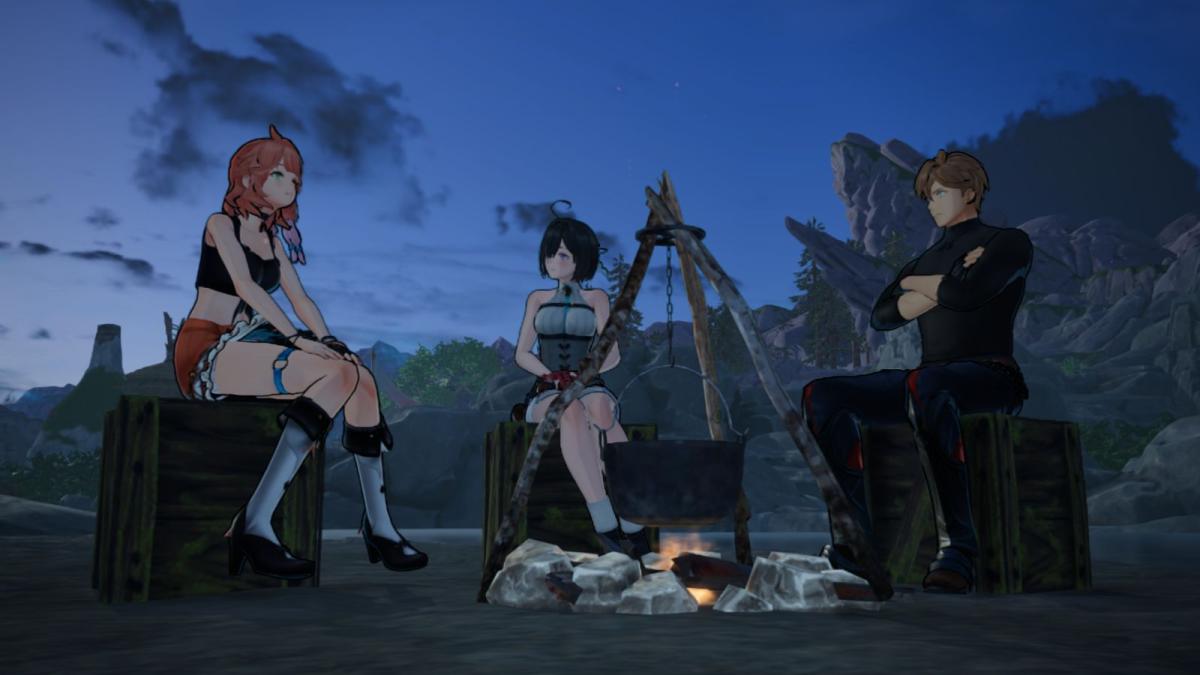

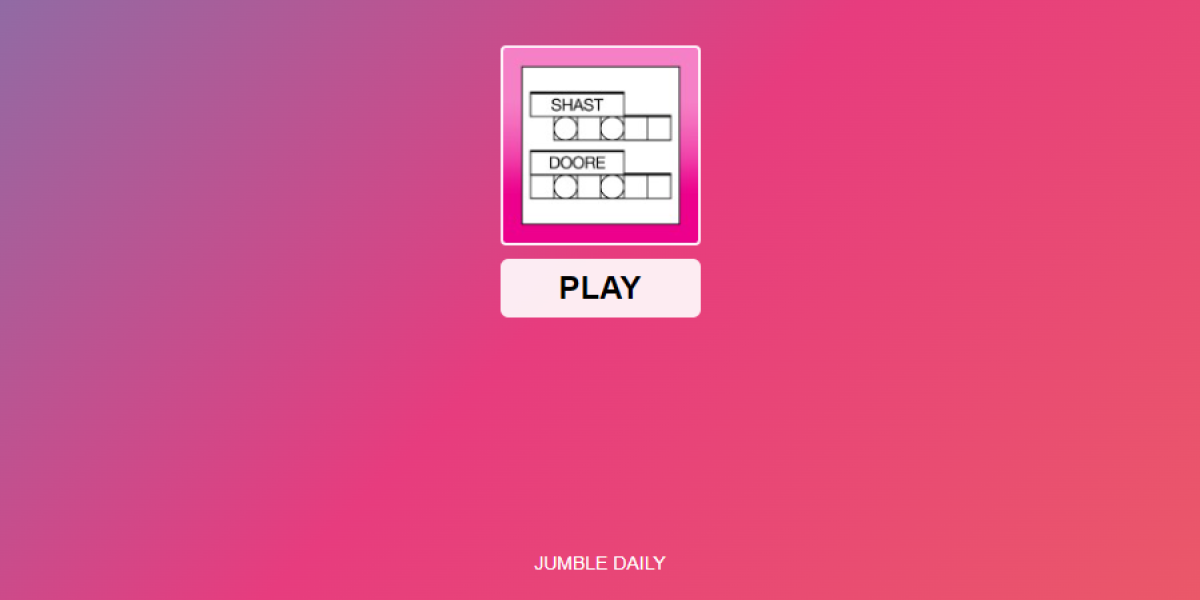
Published: Jul 10, 2014 09:36 am